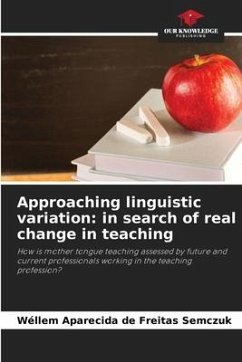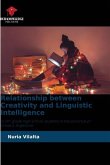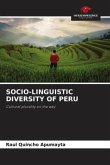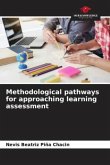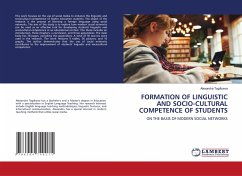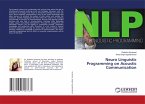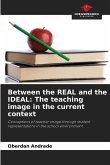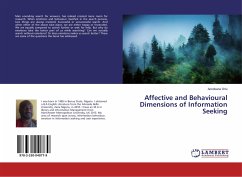The Portuguese language is the result of contact with several other languages, thus, linguistic diversity can be perceived in various situations, both in oral and written modality. The present book aims to verify the positioning of future and current professionals working in the teaching of Portuguese Language in relation to the approach of linguistic variation in the classroom and to assess their knowledge about sociolinguistic studies, focusing on aspects related to variation and linguistic attitude. The data collection was carried out through two distinct questionnaires applied: (i) to undergraduate students of the last semester of the Language course; (ii) to teachers of the public school network. The results show that the informants presented subjective evaluations and, among the linguistic conceptions in force, the conception that the language is defined by a set of rules embodied in normative grammars, which prescribe the rules of "speaking and writing correctly", being all forms deviating from this standard considered as "error".
Bitte wählen Sie Ihr Anliegen aus.
Rechnungen
Retourenschein anfordern
Bestellstatus
Storno

